Publications
Articles, publications, books, tools and multimedia features from the U.S. Institute of Peace provide the latest news, analysis, research findings, practitioner guides and reports, all related to the conflict zones and issues that are at the center of the Institute’s work to prevent and reduce violent conflict.
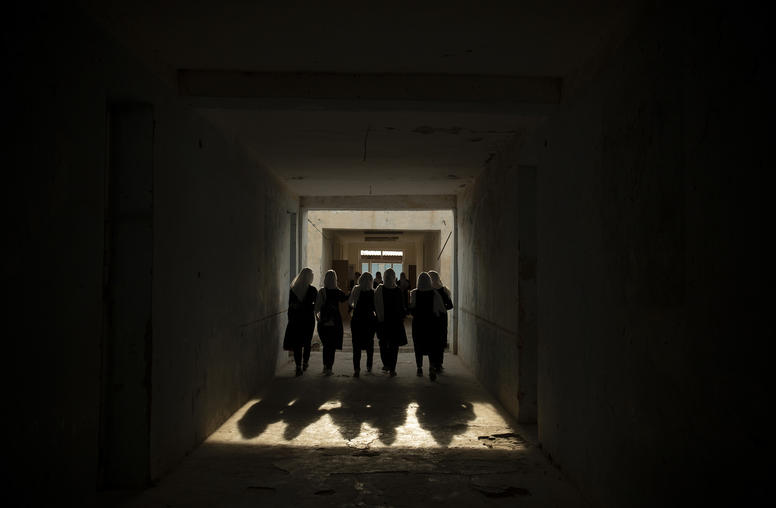
Kabul School Bombing Reinforces Fears Over Post-Withdrawal Security
For the Dasht-e-Barchi neighborhood of Kabul, home to the Hazara minority group, the devastating May 8 bombing outside a school is part of a disturbing trend of attacks in the area. The bombing killed at least 85 and injured around 150 — mostly young girls — and coincided with concerns of escalating violence as the United States withdraws combat troops from Afghanistan. Although no group has claimed responsibility, the Islamic State group (ISIS) has perpetrated similar attacks in the past and many suspect it was again responsible.
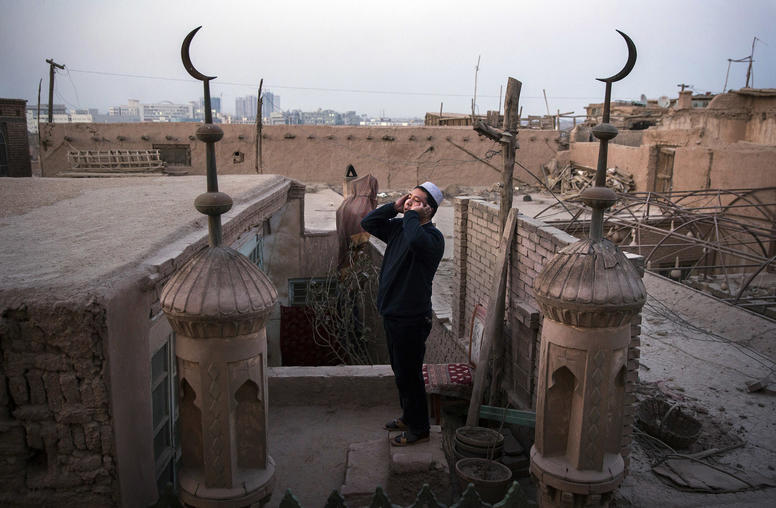
Finding Common Ground on U.S. International Religious Freedom Policy
On May 12, Secretary of State Antony Blinken issued the Biden administration’s first annual religious freedom report. It was accompanied by a strong speech, highlighting the importance of the issue and singling out countries such as Saudi Arabia, Iran, Russia and Nigeria, among others, for their particularly severe violations. The secretary also made a point to establish that the Biden administration’s approach emphasizes that the right to religious freedom is one component of an integrated human rights agenda. This stands in contrast to others who view religious freedom to be of unique importance and deserving of singular attention.
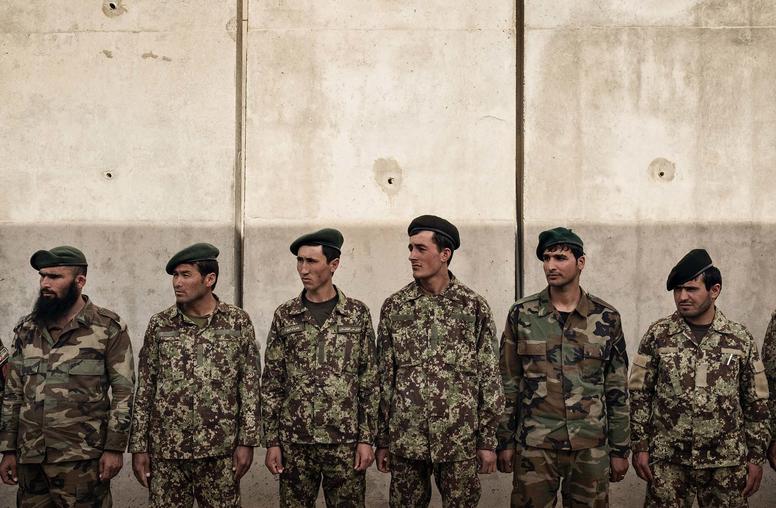
How Missing Data Can Make the Global Fragility Strategy Work
As glaring inequalities in the global recovery from COVID-19 become clearer, the U.N. has warned of growing risks of political tensions and conflict in many countries. This poses a daunting challenge to U.S. foreign policy and presents a test for the new Global Fragility Strategy (GFS), which aims to reduce state fragility and break cycles of violence in critical regions. What the GFS lacks, however, is a clear “theory of success” that explains why and how proposed actions will lead to desired outcomes in fragile states. A new capacity-based approach is needed to identify fragile states with high potential for effective engagement, particularly security sector reform (SSR).
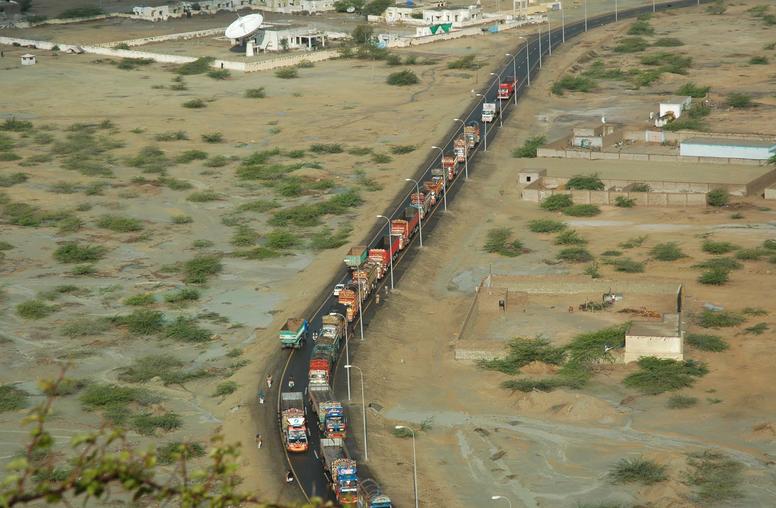
Pakistan’s Growing Problem with its China Economic Corridor
The China-Pakistan Economic Corridor (CPEC) has deepened the decades-long strategic relationship between the two Asian nations. But it has also sparked criticism, including that it burdens Pakistan with mountains of debt, allowing China to use “debt-trap diplomacy” to gain access to strategic assets. While some of this criticism is valid, a closer look indicates that concerns around debt sustainability, tepid economic growth and overall economic and social instability in Pakistan predate CPEC. Moreover, it is the lack of long-term structural reforms that has stymied equitable socioeconomic progress in Pakistan.

The Israeli-Palestinian Conflict Amid a New Reality and a New Region
Thirty years ago, the Madrid Middle East Peace Conference aimed to resolve the Arab-Israeli conflict and initiated what we now think of as the Israeli-Palestinian peace process. Three decades later, the world and the region have undergone tectonic changes, bearing little resemblance to 1991 when the Cold War came to a close. Yet, Israeli and Palestinian leaders are still dealing with their conflict as if it is business as usual. The time has come for them to take a more sober look at the global and regional trends that spell trouble for them and their peoples. Without such a reorientation from leadership on both sides, it is likely that there will be continued and escalating rounds of violence like what we witnessed this past month.
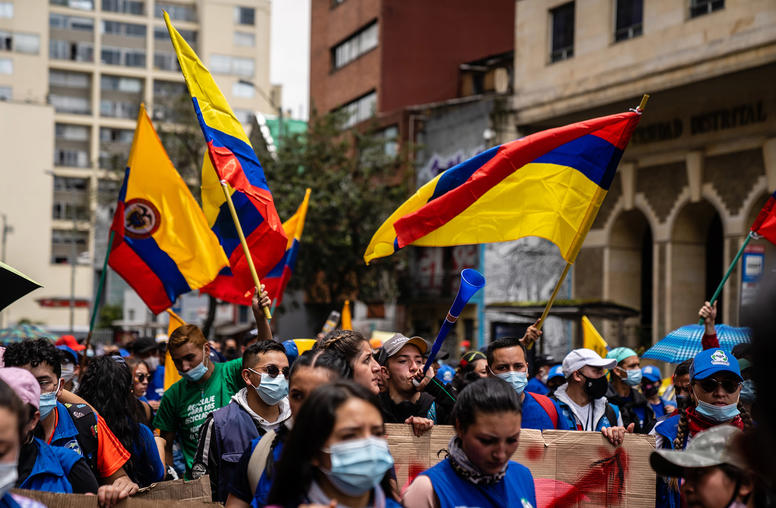
Colombia’s National Strike: Inequality and Legitimacy Crises Drive Unrest
After Colombia’s government proposed new tax hikes, social organizations and movements called for a national strike on April 28 across the country. Protesters believed the new fiscal policy — which the government said was aimed at mitigating the pandemic’s economic impact — would disproportionately hurt poor and vulnerable sectors of society. Although the marches and mass gatherings were initially widespread and peaceful, security forces cracked down on demonstrators accused of taking part in vandalism, killing at least 43 and injuring hundreds more. Meanwhile, pre-existing and resulting anger among some groups of protesters led to attacks on security forces and police stations, setting off a cycle of violence.
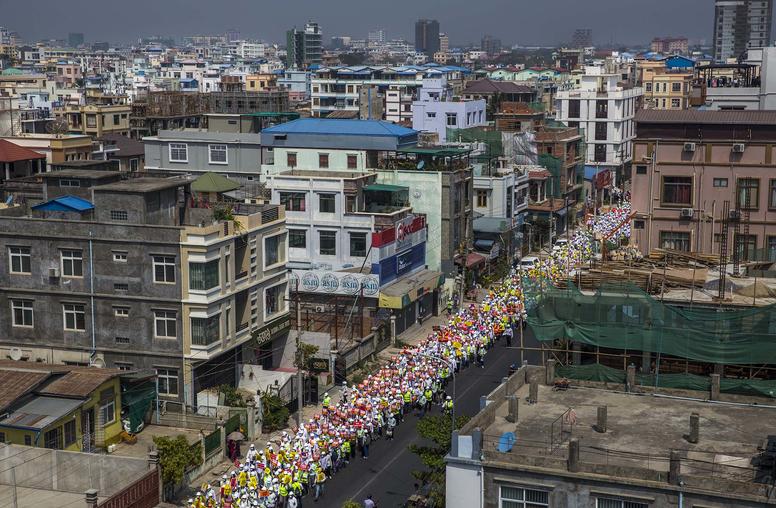
Chaos in Myanmar Is China’s Nightmare
The suspicion that China approved the military coup against Myanmar’s elected government runs deep among Burmese resisting their new dictatorship. Perhaps proof of such meddling will emerge someday. For now, what seems clear is that China would not have chosen to knowingly embroil its interests in Myanmar in the chaos that has followed the army’s power grab. On virtually every front, from public health to national security, China now faces new threats created by the post-coup breakdown in governance and the rule of law. As these consequences come into focus, Beijing will have to decide whether to maintain its tacit acceptance of the generals’ regime or take a different policy tack to protect investments in its neighbor to the south.
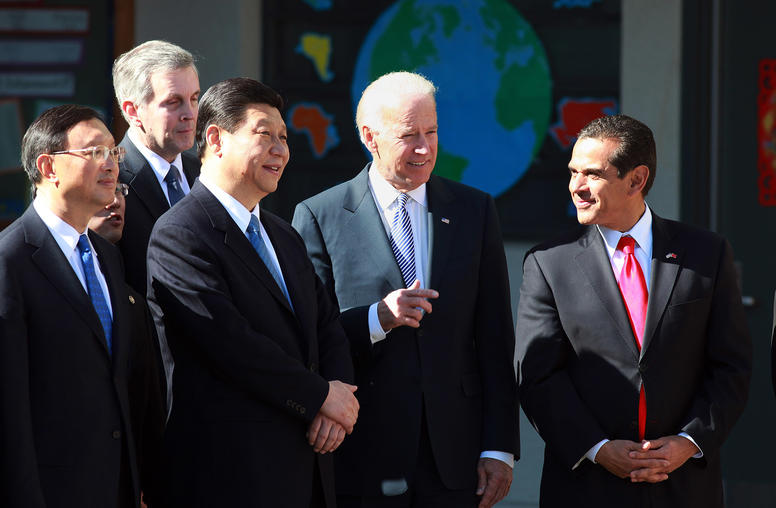
Washington’s Allies and Partners Weigh in on U.S.-China Competition
The Biden administration has adopted an overarching strategy of renewing relations with allies and partners to counter China where necessary, while also cooperating with Beijing when it is in the United States’ interest to so. As competition between Washington and Beijing heats up, however, avenues to resolve conflicts peacefully between the two major powers remain limited. A recent USIP report brought together U.S. and Chinese authors to offer recommendations on how the two powers can enhance strategic stability. But how do U.S. allies and partners factor in and what steps would they like Washington and Beijing to take to prevent conflict and manage crises?
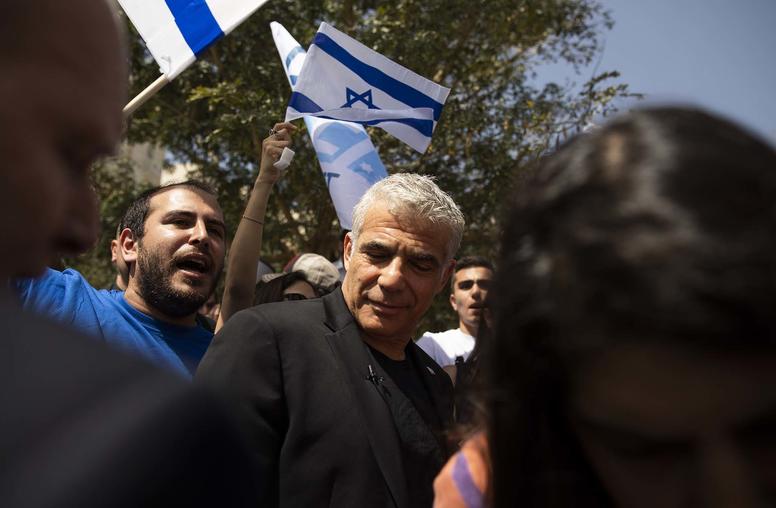
Can Israel’s New Coalition ‘Change’ the Israeli-Palestinian Conflict?
With minutes to spare before his mandate to form a coalition expired, Yair Lapid, the leader of Israel’s center-left Yesh Atid party, announced that he had formed a governing bloc. This announcement could usher in an Israeli government that, for the first time in 12 years, is not led by Benjamin Netanyahu. The down-to-the-wire negotiations befit the prior two years of Israeli political drama — with four elections held since April 2019. While this potentially portends a new, post-Netanyahu chapter in Israeli politics, it is unlikely that the ideologically disparate coalition cobbled together by Lapid —with Naftali Bennet, a hard-right politician, at its helm — will yield significant progress toward peace.
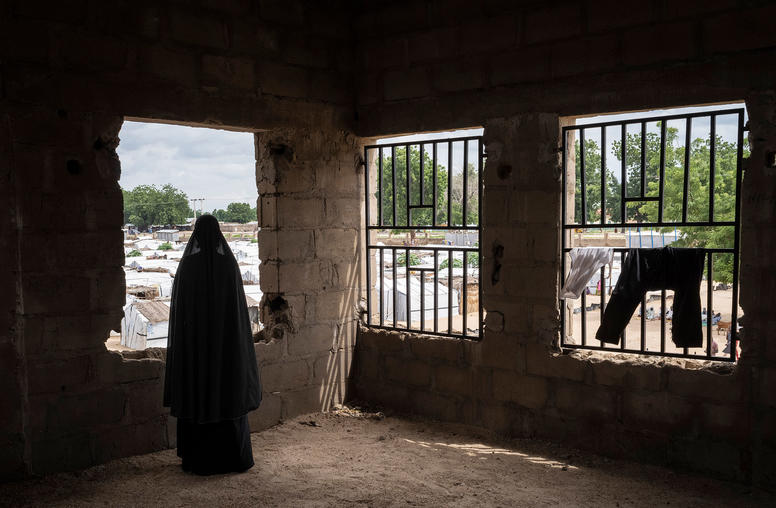
How to calm violent crises? Nigeria has an idea.
If U.S. and international policymakers hope to see Africa stabilize amid the world’s crises of violence, record human displacement and the COVID pandemic, Nigeria must be center stage. This demographic giant, home to one in five sub-Saharan Africans, now faces a perfect storm of violent conflicts that pose an existential challenge. Yet Nigeria also offers its own solutions for stabilization—including a low-cost innovation worthy of international support: peacebuilding agencies operated by governments in three of the country’s 36 states. This timely model offers localized approaches to the roots of violence and is relevant to nations worldwide.